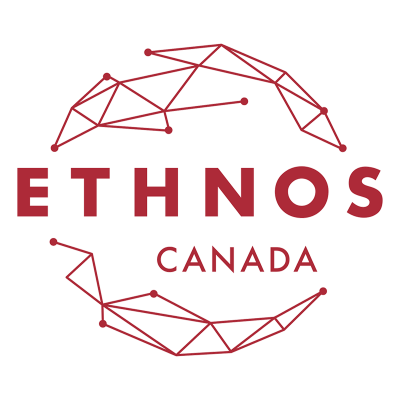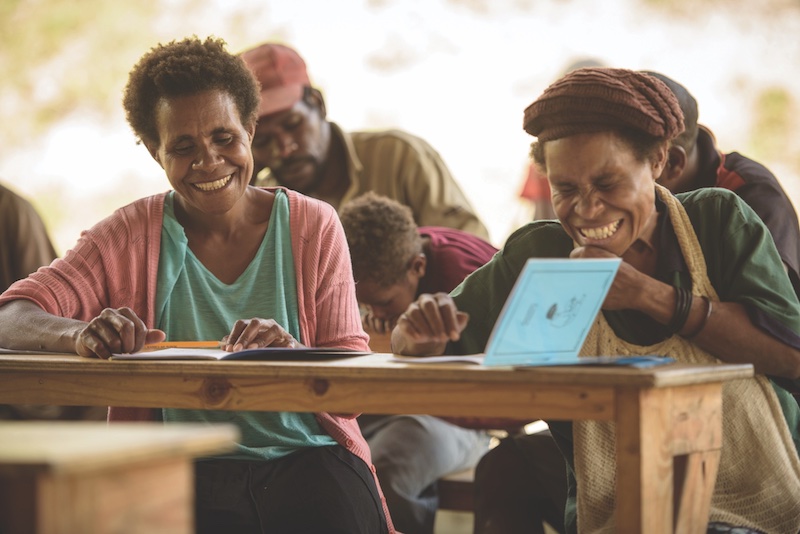What are your first memories of learning how to read and write? Can you picture yourself struggling to form the words in your mouth, trying to figure out what letter you were supposed to be saying? That pencil felt so strange in your fingers as you learned about circles and straight lines to form letters. Ah, the cramped fingers, the aching hand and arm.
But look a little bit later at the triumph in your heart as you mastered that entire primer, reading every word, knowing in your heart that you could actually read a book! And whoever claimed that writing was difficult? Bah! You could write full sentences.
One of the church planting distinctives that we hold to is to see anyone who desires it to become literate and maybe even work with numbers. Consider, though, that we are talking about people who have never had the chance to learn to read, never had the opportunity to put a pencil to paper to express their thoughts, never even had the desire to do either of them … because it was beyond comprehension. There was nothing to read in their language. In fact, their language had never been written.
I had the privilege of sitting down with Jerry and Joyce McDaniels to talk Literacy. Why with them? They are the international literacy coordinators for Ethnos’ Global Partners, travelling around the world in order to help literacy consultants, missionary teams and training centres.
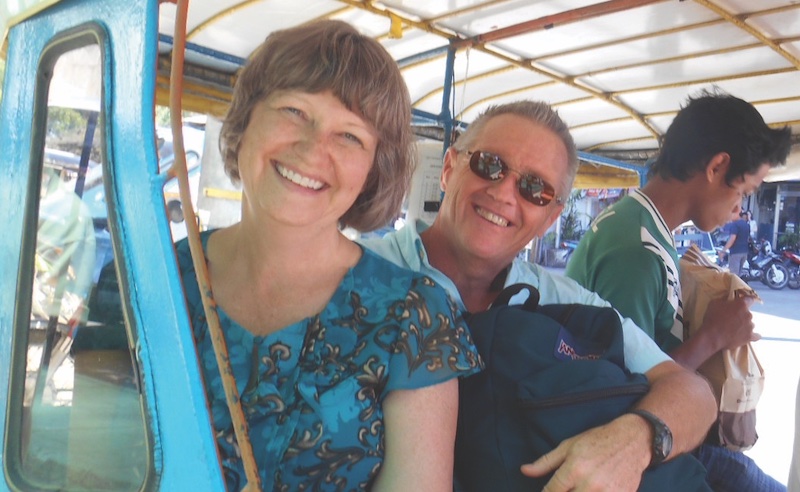
Joyce & Jerry McDaniels
Definition of Literacy
Before we go too far, we need to define literacy. It is the ability of a people to be able to read the language that they speak. This goes beyond simply reading — it must be reading with comprehension and fluency. It also includes being able to write that language. Literacy does not teach someone a new language; it is learning to read and write a language they already speak.
Jerry and Joyce were very adamant in their view of what literacy is NOT. Some have said that a people group is literate if they can write their own name or if they can sound out syllables or words, even if there is no comprehension. Jerry and Joyce disagree.
An interesting addition is the fact that once one learns how to write, it makes reading that much easier. (Think about your own learning curve and how you advanced once you could write!)
We need to keep in mind the goal of literacy, at least for our purposes, is that any people group will have full access to the written Word of God in their heart language, be that Spanish or Bahasa or some language that up to now has been unwritten. This also affects the growth of the church. If you only have readers and no writers, you will not have the producers with the capacity needed to keep the church growing and learning and functioning.
The goal of literacy, at least for our purposes, is that any people group will have full access to the written Word of God in their heart language …
One thing that Jerry and Joyce mentioned as an integral part of literacy is the role of the linguist. It is his job to work with the team to come up with the orthography (alphabet) for any heretofore unwritten language. If you have no alphabet, then you have no written language. Having a great orthography can make it much easier for those learning to read. They were so thankful for being able to work alongside linguists to see a people become literate.
Another thing to remember is that literacy is NOT something that is new to Ethnos. If you check in our history book, you’ll find that a single missionary lady named Sophie Mueller was teaching the people with whom she ministered to read way back in the 1940s. Even when I was a child in the ‘60s, missionaries were spending long hours getting literacy courses ready to teach. And now … well, let’s get into what goes on now.
The McDaniels’s History with Literacy
The McDaniels family had gone to Panama with the intention of being Bible teachers and church planters. They began to work among the Kuna in Panama with Joe and Sharon Goodman. With the help of the literacy consultant, the team wrote the first literacy materials. The Goodmans had begun to teach the literacy classes, but then they were called out to the mission office, leaving both Jerry and Joyce with the task of literacy. They realized how important it was to have literate believers, but that concept really hit home to them as they left Panama and began to work in other Latin American countries where churches had already been planted. They could see clearly that churches with readers and writers were much stronger in that they were being rooted in the Word and maturing in that they were growing personally and together, handing off Truth to the next generations by passing the Word on to them. As they travelled more and more, they saw the same pattern repeating itself in Africa, in Asia Pacific and in Papua New Guinea. The churches that were strong had strong readers!
One thing needs to be stressed: being pro-literacy doesn’t mean that you are against anything digital or oral. The problem arises when the church can’t go back to the written Word to go against false teachings that will inevitably creep in. The church without the written Word will need to decide which teaching is more interesting or which one was told better or even which one offers more free T-shirts! Because God had His Word written down, we have that anchor, that place to go back to for security. And that kind of an anchor is what new churches need in whatever country they live and in whatever heart language they speak.
Joyce shared a story of a group that decided to stay with just recorded Scriptures and not do literacy. The problem arose when the man who did the voice of Paul on the recording chose to sin. The others (believers or not) said they couldn’t listen to him because he was a hypocrite. Another of the people who helped with the recording had died, and in that culture it was taboo to say his name or listen to his voice. What other Bible did they have? None. The team then opted for literacy courses for the people group.
The Importance of Literacy
As a former English teacher, I know full well that literacy is important. But I think we should look much deeper than my own preferences! In the first place, God wrote down His Word (see the sidebar), and that written Word requires readers. Literacy is integral to Bible translation: if people can’t read their own language, they can’t read the translated Word of God in their language. Literacy is also key to discipleship, letting the disciples read for themselves the Word of God and the printed Bible lessons. It also helps with outreach ministries and even in more physical areas of ministry like the medical side. How will the local helper know what to give in terms of medicine if he or she can’t read instructions, dosages and the like? Being able to read the Word of God with understanding and application requires more than just the lowest level of reading. With the existing system of literacy primers, there will be four to six primers and then step into the post-literacy level that takes them into more complex reading situations. The goal is to give them the ability to read the Scriptures, not needing anyone else to read for them. Joyce shared a story of a woman who had lost a son in a flood. She told them that any words they had spoken to her just weren’t enough; the only thing that brought her comfort was reading the Word in her own language!
“Memories of people grabbing their Bible and kissing it will forever bring me to tears.”
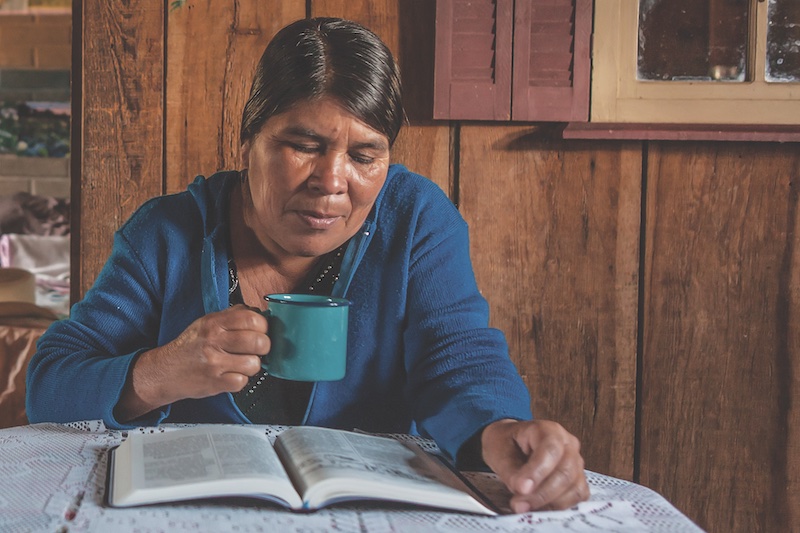
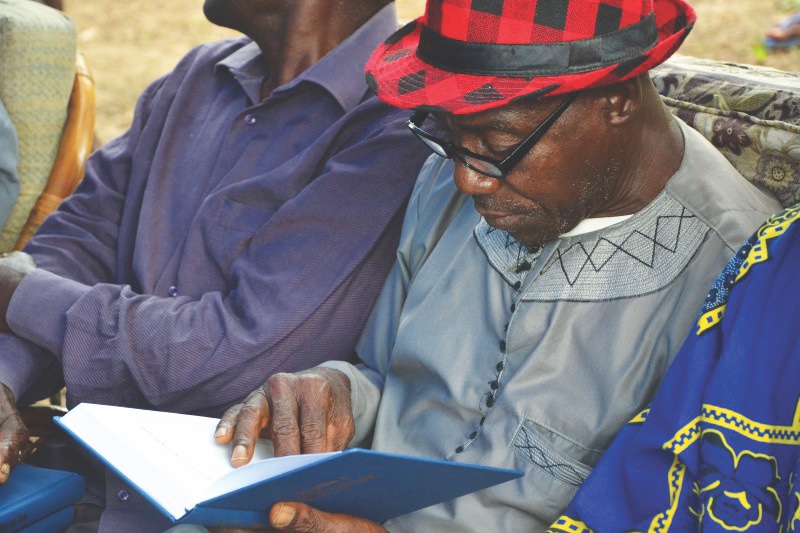
God and Writing
When God gave His Message to Moses, He didn’t just leave it a spoken message that Moses would pass on to the people. God called Moses up on Mount Sinai to write it down on the tablets. And when Moses came down and observed the people sinning with the golden calf, he threw the tables down, and they were broken. At that point, God didn’t just tell Moses, “You heard My Message. You can just tell the people all that I said.” No, He told Moses to come back up the mountain and wrote them again. It was very important to God that His words were written down.
All through the Old Testament, time and time again God gives directives to write down His commands, to read them, to teach them regularly. He doesn’t expect His people to remember decade after decade.
And then in the New Testament, the importance of the written Word shows up. In the Gospels, nine times Jesus asks, “Haven’t you read the Scriptures?” He assumed that people had been reading, recognizing that the written Word carried authority. In Romans, the Apostle Paul states, “For everything that was written in the past was written to teach us, so that through … the encouragement of the Scriptures, we might have hope.”
Some might argue that literacy rates during the New Testament times were only about 6% and point to this as a reason that we shouldn’t emphasize the written Word since most people couldn’t read when the Bible was actually penned. But God in His wisdom, knowing the dangers of a completely oral message, consistently over a span of 1,600 years made sure His Word was written down for us.
Another important point that was stressed was that, from the very beginning of literacy as the students begin to read three-line stories made up of a few syllables, comprehension questions are added to help the new readers begin to think and analyze and put their thoughts together to show they comprehended. And it is vital for them to develop this skill before they begin to read the Word of God. Then they will be able to read with comprehension, noting the ways to personalize the Scriptures.
We’ve already talked about the fact that many people groups whom missionaries minister to have no written language. Then who makes up the alphabet for the literacy team and translation team to use? That task falls to the on-site team that hopefully includes a linguist. For accountability and to ensure a workable orthography, there must also be an off-site person who will approve the alphabet. Joyce said they have found that the literacy team will help clarify the alphabet: using the software (Literacy Starter), any inconsistencies in spelling, or use of a letter or letters will be obvious.
Literacy Consultants
Getting down to brass tacks, what are literacy consultants? They are the people who have been trained to help a team among a people group get their own literacy course up and running. The consultants have most likely taught at least one course and know the obstacles that may be in the way. But their main goal is to help teams get their specific courses ready to teach as well as give advice and helpful hints about how best to go about getting literate people in the people groups. Consultants are not going around teaching the courses — they don’t know all the languages that are being taught!
And Jerry and Joyce are the ones who are training the consultants!
Literacy Starter
Now we get to the gem for literacy consultants: Literacy Starter. This is a suite of programs that puts together the literacy materials that are needed for a successful literacy course. It was designed from the McDaniels’s wish list by the International Ministries Office here in Sanford, Florida. Once you have the language in written form (thanks to the linguists and the rest of the team), with a few steps of directions for the software, teams use Literacy Starter with trained consultants to produce the primer series, the flash cards and reading practice booklets. What used to take between 1½ years and 2 years to finish can now be drafted in three weeks.
Another program associated with the suite is the Pre-Literacy program. The first level teaches people reading readiness skills. This program takes the same information about the language and produces pre-literacy books with pictures and the alphabet for the new learners to see. This used to take at least a month to get ready; with the software, it is finished in about 30 minutes.
A third program in the suite produces the teachers’ guides for the pre-literacy materials and all the primers (anywhere from four to six primers, depending on the difficulty of the language – how many vowels? Is it tonal?) This gives detailed lesson plans for local teachers.
A fourth part is Image Finder, a combination of all pictures available from long ago with Ethnos’ literacy consultants and all of Summer Institute of Linguistics’ accumulated pictures. At the beginning of literacy, pictures help with comprehension, since there are so few words that the students can read. They also make reading the books more fun! (Remember the pictures in your first reading books?) This program provides the pictures for the flash cards, all illustrations for the primers, worksheets and book covers.
There are two future parts to the suite: the transitional program and the post-literacy program. Please pray with us for the completion of these. The transitional program will help teams write literacy materials so those who are literate in their own language become literate in the country’s trade language. Transitional literacy materials can also be written to help those who already are literate in the trade language (often because of local schools) quickly see the few differences between the two languages and begin to read their vernacular language.
“Even those that aren’t believers that are learning to read and write their own language, they’re being drawn to the Word of God. They’re becoming interested.” — Eme, Budik believer
The future post-literacy program will provide books which are written in Spanish, English, Portuguese, Indonesian and French. Then the literate readers in the people group will be able to take those stories (fixing the lawn mower, cooking or other life skills) and translate them into their language. These books will give more reading practice in the language as well as build local libraries. There is nothing that increases the motivation to read like a new book.

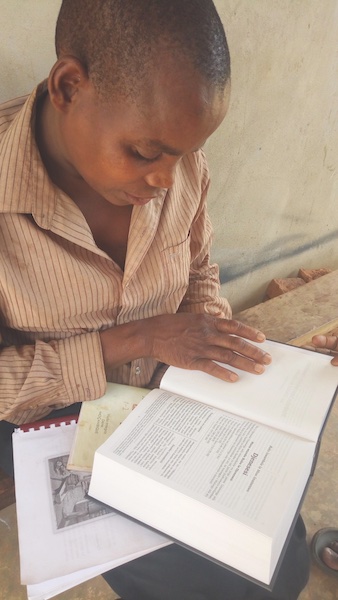
Training to Use Literacy Starter
Knowing that not everyone is necessarily comfortable working with computers, I asked Jerry and Joyce how long it usually takes them to train another consultant to use Literacy Starter. It is definitely not a quick “look and learn” process. A consultant will work with the trainer (Jerry or Joyce, for example) several times. Part of the consultant training is learning how the software works. They practice correctly inputting the source text of about 15,000 words given by the team and working through different things that come up with languages. They practice making rules to ensure the words are divided properly into syllables. They practice writing the different literacy materials and the printing of the materials. Finally, consultants put everything they are learning into practice by working with teams that are actually writing their literacy materials. Consultant training could take up to two years, depending on how many training opportunities are available to the consultant.
Jerry and Joyce have been to 35 countries to train consultants, to write literacy curriculum with teams and to train missionary candidates in the training centres.
With this kind of a powerful tool, I asked Jerry and Joyce if this was a tool that was exclusive to Ethnos. They very happily announced that anyone can use Literacy Starter, but there is a prerequisite: you must have the training. The two normally train ON LOCATION, and if there are people from other mission organizations who want the training, they will get permission from the field leadership to include them in the training being given. The training includes one full week of continued training for the literacy consultants on the field and then three more weeks with the team or teams from that field that want to develop a literacy program for the people group among whom they minister.
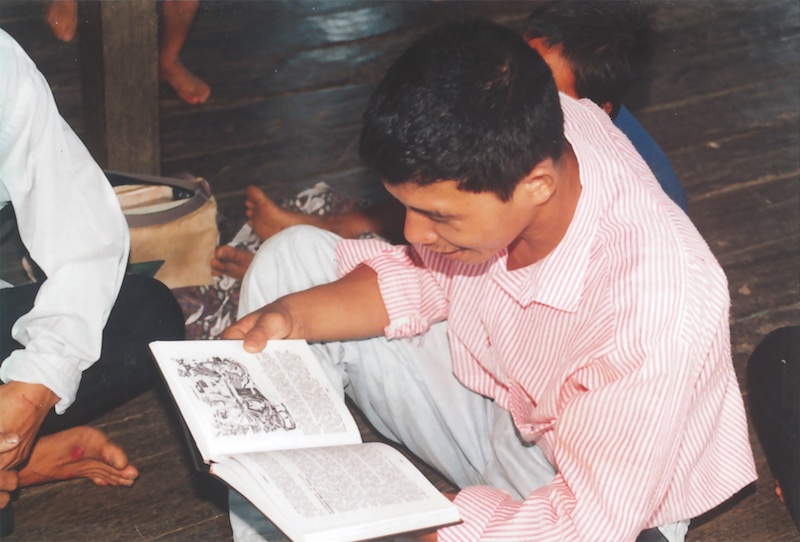
Even those that aren’t believers that are learning to read and write their own language, they’re being drawn to the Word of God. They’re becoming interested.
— Eme, Budik believer
The Benefits of Literacy Starter
When I inquired about the best things about Literacy Starter, Jerry mentioned that there are four things that stand out with this program. First of all, there is increased accuracy of all the materials being developed. Then there is the time saved for each team — from up to two years down to three weeks. The third benefit is the ease in formatting the materials — because Literacy Starter does ALL the formatting, leaving nothing to the whims of mere humans. Lastly, there is an incredible saving of finances. When you consider the savings in time, that is multiplied when you consider costs saved.
Basking in the warmth of all those benefits, I asked Jerry and Joyce what they considered to be the needs with the highest priority. As with most ministries, there is always the need for finances. Wherever they go, someone has to pay for the travel, the supplies, room and board, and projects such as reprinting already written materials from master copies. The need is not just for the Jerry and Joyce; that need is for every consultant around the world. Another need is for some people to be trained to take over for the McDaniels duo. This is a need for any ministry anywhere.
Closing Comments
Consider the fact that you have just finished reading — or skimming — this entire article in what may be your heart language. You are literate. You and I are so blessed to have the skills of reading and writing. We can go to our bookshelves and take down the Bible or any book without so much as an iota of worry.
As Jerry and Joyce so ardently believe, we need to give everyone a chance to read the Word of God in their heart language. Pray with us that literacy programs the world over will have many reading and comprehending God’s Word.
About the Author
Bruce Enemark was raised in Panama, the youngest of three missionary kids (MKs). He and Julie, his wife, ministered with Ethnos360 in Panama and Paraguay for 24 years before he joined Ethnos360’s Advancement Team as a writer, proofreader and now managing editor. Faith Baptist Church of Chetek, Wisconsin, is their sending church and has been behind the Enemarks since they started their ministry with Ethnos360.
